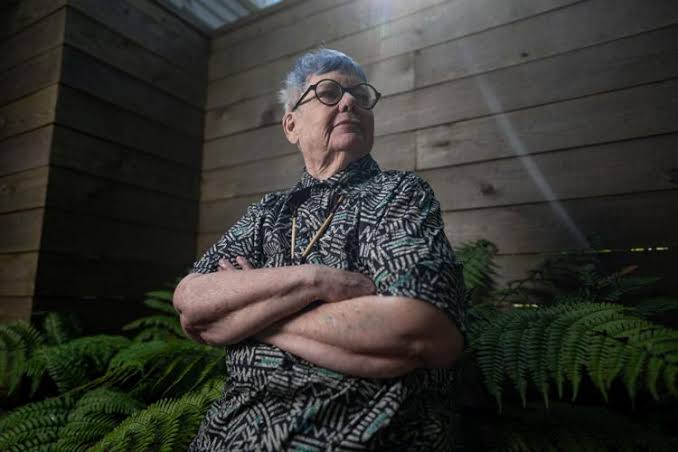On September 6, 2024, renowned lawyer and LGBTQ rights advocate, barbara findlay, joined CBC to discuss the rising tide of anti-trans protests targeting schools and school boards. As co-founder of Lawyers Against Transphobia, findlay has been fighting for LGBTQ rights for over 30 years and recently helped launch a handbook aimed at equipping schools with the tools to push back against these attacks.
In the interview, findlay emphasized how anti-trans activists have adopted a deliberate strategy of targeting schools under the guise of “parental rights.” This tactic resonates with many because, on the surface, it seems to be about protecting children. However, findlay pointed out that this narrative often masks harmful transphobic intentions, which can mislead uninformed parents into supporting movements that ultimately erode human rights.
The conversation also delved into the increasing use of protests near schools, including incidents where protestors have physically targeted buildings and individuals, further endangering students and staff. BC Premier David Eby has responded by implementing a new 20-meter protest zone around schools, acknowledging that more needs to be done to protect students, especially those from marginalized groups.
Findlay shared that her concerns escalated last year with the actions of Saskatchewan Premier Scott Moe. Moe introduced legislation requiring teachers to out trans students to their parents, even against the child’s will. When this policy was overturned, Moe invoked the rarely used notwithstanding clause, bypassing constitutionally protected equality rights. This move, along with widespread anti-trans rallies across Canada, signaled to findlay that the situation was becoming more dire.
Lawyers Against Transphobia launched their handbook, Expelling Transphobia, in response to these developments. The resource provides school boards with strategies to oppose transphobic disruptions, including protests and disruptions at meetings. The group plans to expand the handbook with additional chapters tailored for superintendents, principals, teachers, parents, and students.
The interview concluded with a critical message from findlay: opposing attacks on trans rights is essential not just for the protection of trans kids, but for safeguarding the rights of all marginalized groups. The fight against transphobia in schools is a fight for equality, respect, and human rights in the education system.
Listen to the full segment on CBC here.
FULL TRANSCRIPT
[Speaker 1]
It was back to school this week for Elementary and High School STudents, and in most cases that means new lessons and friends and fun extra curriculars, but for some, safety is a big concern for some, thanks to anti-trans protests targetting schools and school boards.
The premier did also highlight the beginning of a new 20 meter protest zones following an uptick in demonstrations near schools.
[Premier Eby]
a demonstration outside Burns Lake, wehre adults were pounding on the windows of the school. Demonstrations in Surrey where individuals, kids and teachers were targeted.
[Speaker 1]
Premier David Eby says more needs to be done to push back against anti-trans protests and lawyers against transphobia has launched a new handbook to give schools and school boards the tools to do that. barabara findlay is a lawyer who has been fighting for LGBTQ rights for more than 30 years.
[Speaker 1]
barbara, thank you, good morning welcome to the program. About a month ago, your group launched a handbook for schools and for school boards that find themselves targeted by anti-trans attacks. how bad have things become that you needed to create a handbook.
[Speaker 2]
Transphobic folks have adopted a deliberate strategy uh certainly in BC of targeting schools, the education systems school boards, and they do that arguing that they are protecting quote parental rights. Unquote, that has become a real problem in BC for School boards or trans individuals, for teachers in schools. And for the education system.
[Speaker 1]
you mentioned that they’re using the strategy of protecting parental rights. Why is that working for them?
[Speaker 2]
Well, I think it’s working because when you hear, if you’re not somebody who’s familiar with the kind of small p – political environment and you hear the term parental rights, It resonates as a good thing because everybody wants to wants parents to be able to protect their kids, right? And so it doesn’t Transmit as a hateful message at the outset. I see this having had conversations with people who are new to the issue and their eyebrows go up and they say, oh, I had no idea. So I think that one of the reasons that it’s successful is because it comes dressed up in that package. Another reason that successful is because some parents are concerned that the education Their childhood receives will in some way contradict their own, Beliefs or position.
[Speaker 1]
was there one thing that happened in British Columbia, one event that made? You understand that the scale of this was bigger than people thought
[Speaker 2]
there were two things, that happened virtually simultaneously as well. The Scott Moe’s conduct in Saskatchewan. Scott Moe, the premier Saskatchewan introduced, first a policy that said that teachers were required to out trans students to their parents even as the kid didn’t want to be telling their their family and when that policy was overturned by the courts, Moe went a very dangerous step further and introduced legislation, and he introduced legislation that says this law Operates, notwithstanding the constitutionally guaranteed equality rights under the Charter of Rights. That’s called using the notwithstanding clause and the use of that Clause has been very rare In Canadian history as the framers of the charter expected that it would be. But what that move signaled to me was that we were on a very dangerous slope where politicians could use the notwithstanding Clause for their own immediate political gain. That was the first thing. The second thing was the rallies that were planned across the province. Last September, and are, in fact being planned Again, this September and the rally at the I was I happened to be at the the rally in Vancouver and the legal resource for rallies in other places and that galvanized me into recognizing that the right wing was both well organized and very well resourced and intent on destroying the rights of trans people.
[Speaker 1]
So you see this as an organized effort by the right wing then, that they’re behind the movement that led to the rallies that you attended to the introduction of legislation in Saskatchewan. And and the invocation of the notwithstanding Clause, you see this as an organization. Is that correct?
[Speaker 2]
I do see the right wing as being extremely well, organized. I can’t speak to what motivatived Scott Moe. It may just be transphobia in his own government. I don’t know. But certainly And the, the people who are doing this on the right, are the people who kind of in the last cycle of the last news cycle, so to speak, organize the covid Convoys, same folks.
[Speaker 1]
How do you know That?
[Speaker 2]
I know that Because some of the organizations that I’m involved with track that information online,
[Speaker 1]
In the United States, there have been cases, where people pushing anti-trans ideas are running for or being elected school boards, or volunteering on local parent councils and then they have a platform. What are you seeing something like that Here?
[Speaker 2]
A little bit. There are some folks with transphobic views who have run for school boards here by and large. They have not been successful but that, but there are campaigns particularly, for example, in Surrey, which is, uh, People of color in it’s constituency, lots of organizing specifically around attacking Trans and queer inclusion schools just happening there.
[Speaker 1]
And the work that you do with lawyers against transphobia, you’re reaching out to schools and school boards that could have people inside them who are transphobic. Is that correct?
[Speaker 2]
That’s right. We have circulated our handbook called expelling transphobia to all of the the school board chairs in the province and they may well have Transphobic folks on their staff or in their parent group or in among their students.
[Speaker 1]
So briefly. What’s the most important advice that The Handbook gives?
[Speaker 2]
the handbook is written to an audience of school boards on the assumption that the school boards will be opposing transphobia if they encounter it and we’ve offered several strategies depending on what happens. For example, if there are disruptions at school board meetings and that that sort of thing. So we are fighting to publish another six chapters that target superintendents, principals, teachers, parents students so that anybody in the education system will be able to access the handbook from wherever they’re located and find the information that released to the and geographically within within the country.
[Speaker 1]
are there areas that there’s more uptake than others?
[Speaker 2]
Yes, we’ve had uptake and many people join lawyers against transphobia from Ontario, also Saskatchewan. And to a lesser extent New Brunswick.
[Speaker 1]
This was the first week of back to school. What’s, what’s your message to people who want to protect themselves from, or to fight back against the anti-trans movement that you’ve described today?
[Speaker 2]
That if you encounter folks who oppose the rights for Trans kids, That is the thin edge of the wedge. For anybody opposing rights for anybody, on any grounds that fighting back against such claims is essential, To protect the rights that we all share. To equality and respect for our human rights in the education system
[Speaker 1]
barbara findlay. Thank you very much for being with us.

